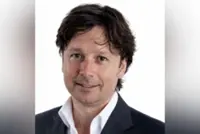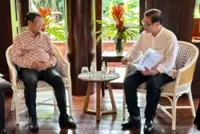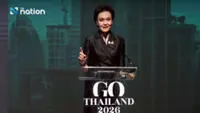Flames crackle through piles of hundreds of human skulls and thick grey smoke pours into the Thai sky in a moment as spiritually significant as it is gruesome.
The Lang Pacha ceremony is observed by Thais of Chinese descent to give a dignified funeral to the unclaimed dead.





